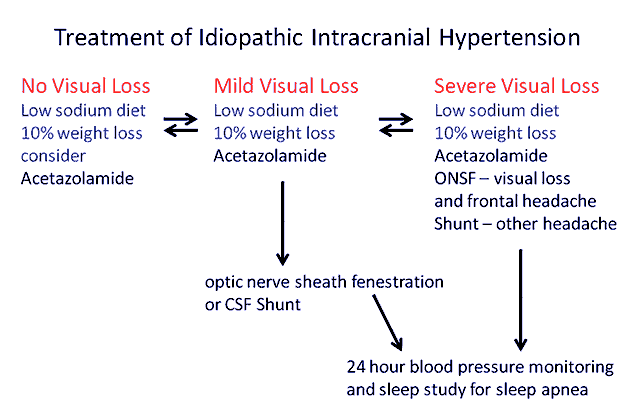
Scientists do not exactly understand why pseudotumor Cerebri happens
Some medications may be associated with an increased chance of developing pseudotunar Cerebri. Some medications are directly related to the risk of developing Pseudotunar Cerebri such as antibiotics, certain types of chemotherapy medications, testosterone blockers, lithium, and many other acne medications. In general, people who take antidepressants and/or mood stabilizers are at a higher risk for developing this condition than people who don't take these medications. This article describes how doctors can help patients reduce the risk of getting Pseudotunar Cerebri and other types of tumors.
There are two types of tumors associated with a person's age. First, there is the type of tumor that you develop from your time of birth up to your late twenties. Second, there is the kind of tumor that you get later on in life as you grow older. This is known as a malignant tumor.
There are a number of different factors that are known to cause a person to get a malignant tumor. The most common is simply having a family history of cancer. While this does not necessarily mean that you have a risk of getting the cancer, it does show that there may be an association. Other factors that may increase your risk include having a family history of polycystic ovarian syndrome (PCOS), being overweight, smoking, having a family history of leukemia, having a family history of lymphoma, and using tobacco. These factors may not directly contribute to the chance of developing this condition but can still have an effect on your health and the chances of developing it.
Scientists do not exactly know how to prevent a person from getting Pseudotunar Cerebrum or any other form of cancer. For one thing, no single cause of the condition has ever been discovered. It seems likely that multiple factors can come into play in order to increase your risk for developing the disease. A variety of treatments have been created to try and combat this condition, but none seems to be quite effective.

Early diagnosis of the disorder will definitely help in reducing the risk of it happening
The earlier you are diagnosed, the faster you will be able to make some kind of treatment program for you. When diagnosed early, it will be easier to determine if you need surgery, radiation therapy, hormone replacement therapy, or any form of radiation treatment for the cancer, if any.
One method of treatment that is often used for pseudotumor Cerebri is Radiation Therapy. Radiation therapy uses high-energy beams of radiation to target cancer cells in the tumor and attempt to kill them.
Radiation therapy is one of the least invasive forms of treatment for this condition. If your doctor has recommended surgery, it will not cause any lasting side effects on your body, however, your chances of getting a scar are greater if you are younger and thin. If your doctor recommends surgery, he will most likely suggest surgery on the head only as the neck, chest, and pelvis areas are areas that have a relatively small percentage of tumors. Even though the procedure is quick, it may cause scarring and damage to surrounding tissue.
If your tumor has not yet become too large, radiation therapy may not be required. However, if the tumor has grown large enough to block the blood flow to your brain or to the rest of your body, then surgery is recommended. Surgery will remove the tumor to relieve pressure on the remaining areas of the brain or on the rest of your body and help to treat the tumor and reduce your risk for developing pseudotunar Cerebri.